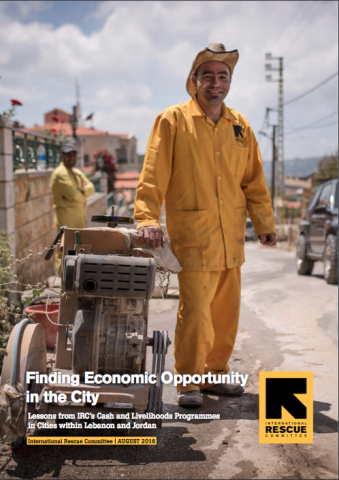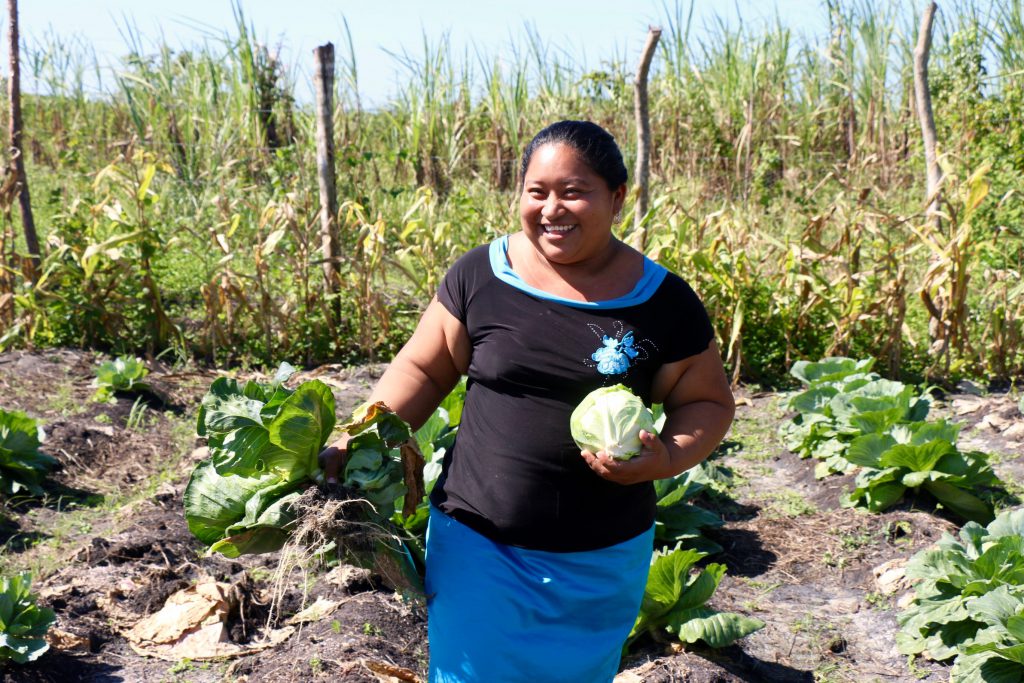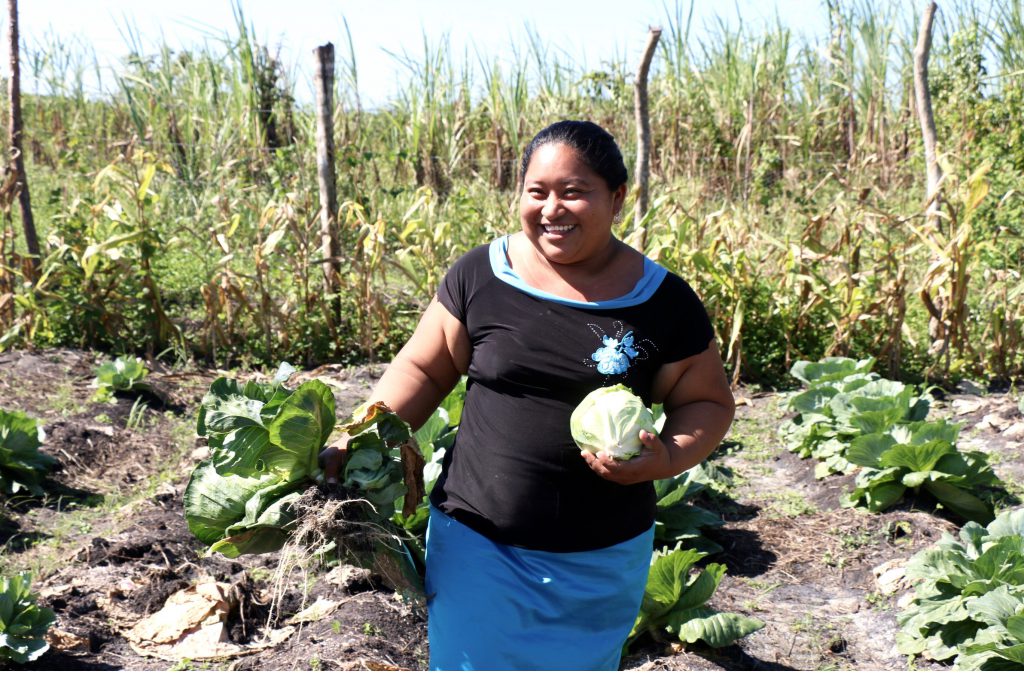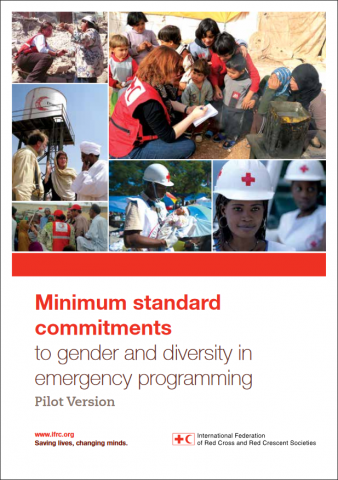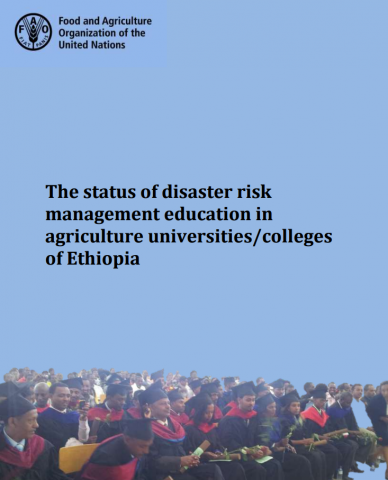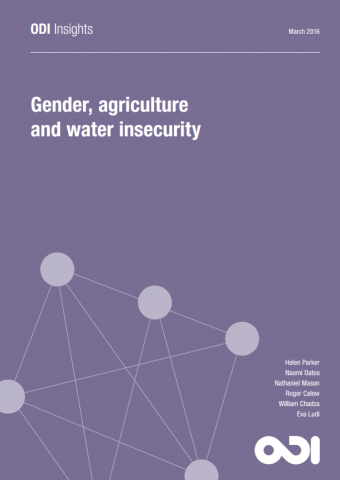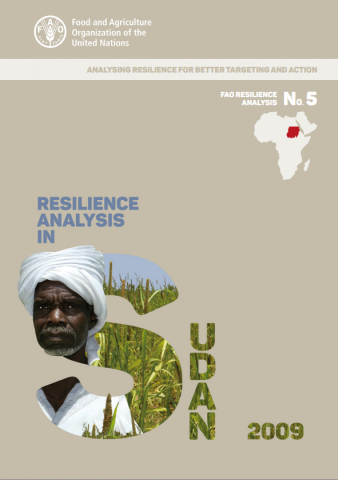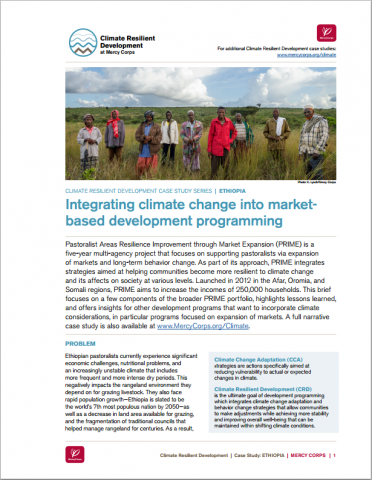Finding Economic Opportunity in the City
This report looks at International Rescue Committe’s (IRC) experiences in cash assistance and livelihoods programming in Lebanon and Jordan in the context of the Syrian regional response. It explores opportunities and challenges inherent to cash and livelihoods programming, identifying good practices and ways to integrate other relevant sectors in order to produce better outcomes for […]
Finding Economic Opportunity in the City Read More »

